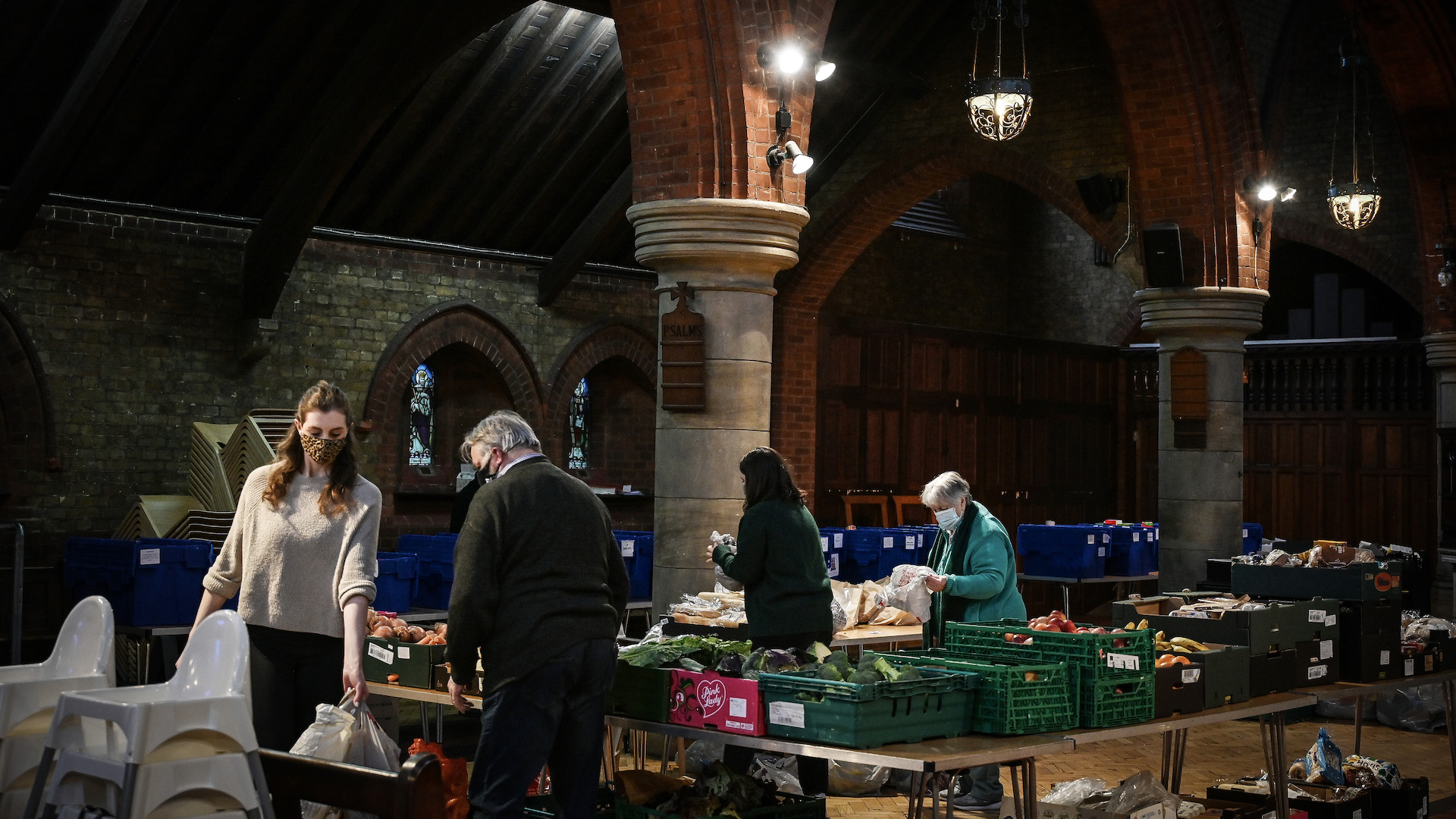Another busy morning at the food bank. A long queue had formed before we even opened the doors and a steady flow continued throughout the three-hour session. A fight broke out outside between two guests after an argument escalated. It was dealt with quickly and no-one was hurt, but this worrying turn of events added to an overall sense that the wheels are coming off. The situation is becoming more and more desperate.
Much of the current discourse around food banks focuses on rising numbers, but there are several other changes we’ve noticed in the last few months that go hand in hand with the food parcel figures.
First, the complexity of people’s problems. Guests are coming in with so many different issues relating to poverty – many more than before. We aim to refer to relevant support services, but the first step is often unravelling the issues and knowing where to even start.
Take Carrie, one of our new guests: she is struggling with her housing – it is damp and there’s lots of dust from unfinished repair work. This has caused her son’s asthma to worsen, and as a result, he’s frequently off school. This has created school attendance issues, which is deepening Carrie’s anxiety. And then the DWP is chasing her regarding her employment search – she has had to miss interviews due to needing to take care of her.
“I don’t know where to begin,” she told me. “I’ve tried to sort the housing, but I’m always told someone will call back. I’m stuck in a circle”.
We’ve also noticed a real change in the frequency with which we’re seeing people. As well as a rapid increase in new guests, occasional and infrequent visitors are now becoming regulars, many needing our support every week. It’s especially saddening when we see guests who had stopped using the food bank but now can’t avoid needing our help.









